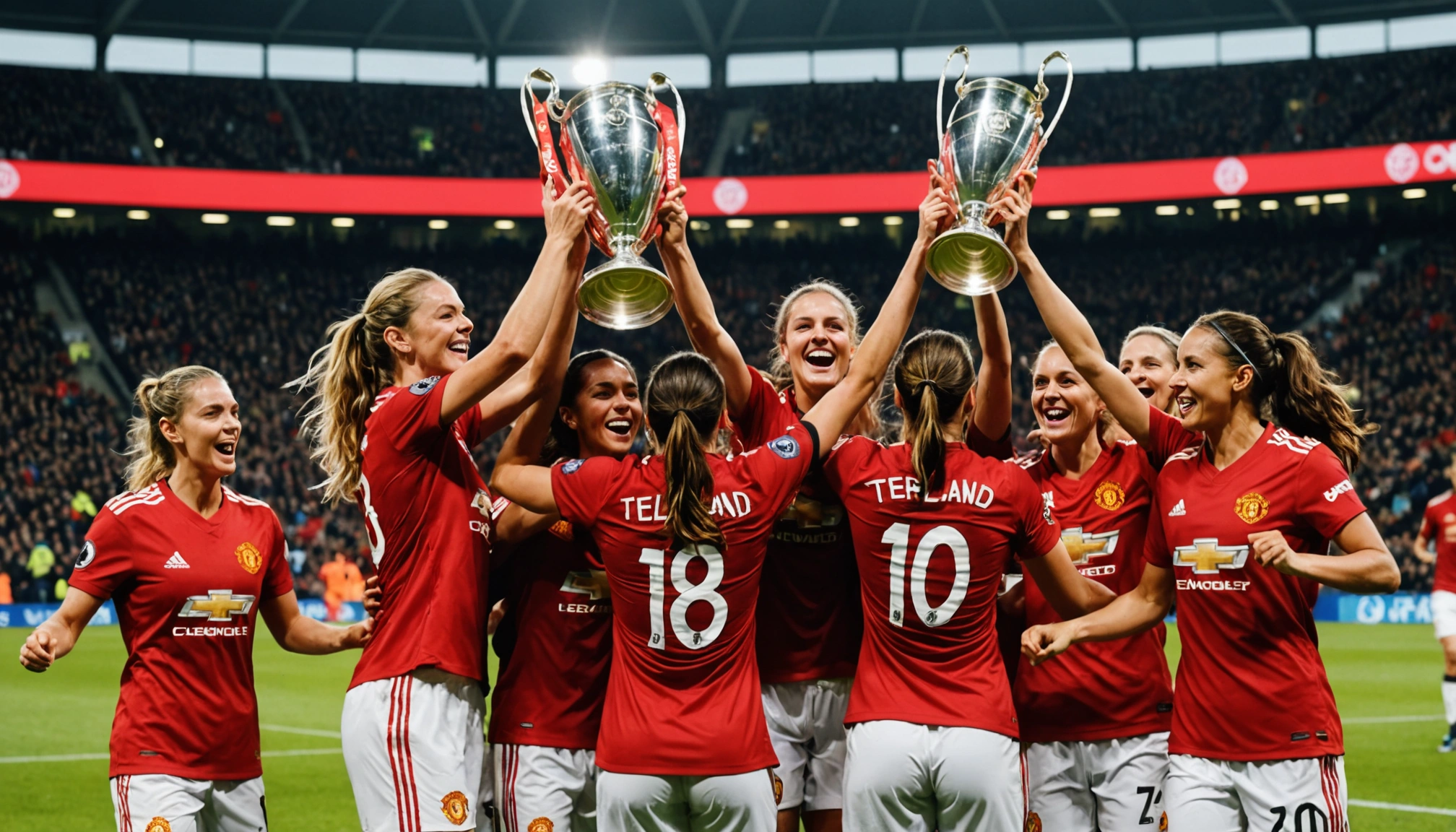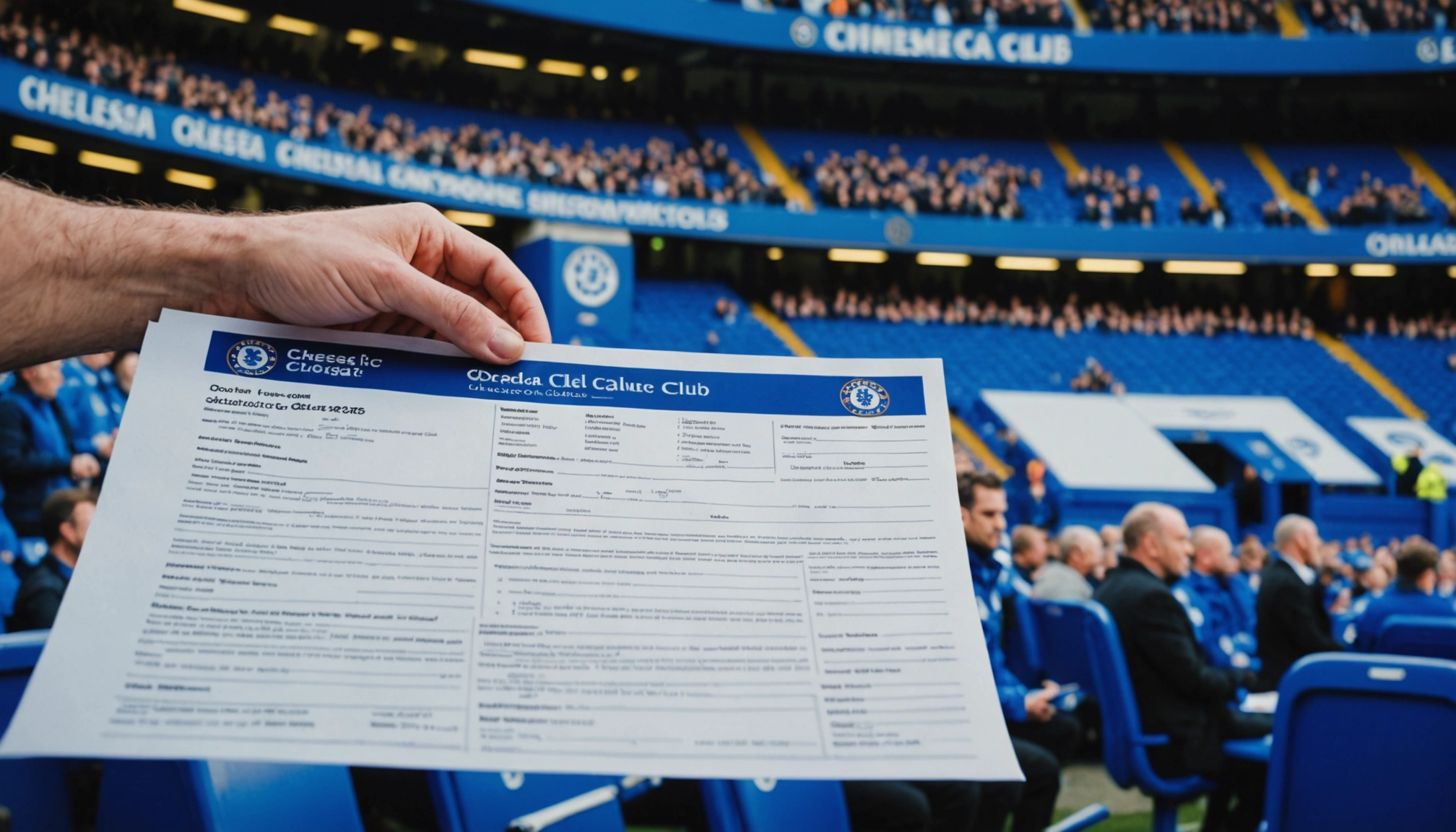The rise of the football replica shirt as a cultural icon
Explore how football replica shirts evolved from simple kits to fashion statements, driving a booming retro market and reflecting iconic moments in football history.

By Editorial
The evolution of football shirts from practicality to passion
For over a century, football shirts were purely functional—designed to distinguish teams on the pitch with minimal flair. Early kits mostly featured one solid colour, occasionally two or three, with simple stripes or hoops adding slight variation. Fans rarely thought of them as anything beyond matchday essentials.
Today, however, football shirts have become coveted fashion items worn by millions globally. This transformation reflects how football culture and style have intertwined, turning kits into symbols of identity, nostalgia, and fandom.
How a pioneering partnership changed the football shirt industry
The turning point came in the late 1960s when Leeds United manager Don Revie met Bert Patrick, founder of Admiral sportswear. Prior to that, Leeds’ away shirts were simple white—easily purchased by fans but indistinguishable from generic versions.
Admiral’s innovative idea was to create exclusive, copyright-protected kits with bold designs, starting with Leeds’ iconic yellow away shirt. This strategy ensured uniqueness and quality while paying the club royalties. The concept was a hit, prompting other teams and brands like Umbro to follow suit.
As David Moor of the Historical Kits website notes, "The football kit became every kid’s must-have Christmas gift." This shift coincided with the rise of colour television, allowing fans to appreciate vibrant designs from their living rooms.
Iconic football shirts that captured national pride
The 1990 World Cup in Italy remains a defining moment for football shirts and fandom. England’s spirited run, despite losing on penalties to West Germany, reignited national pride. Paul Gascoigne's emotive tears and Gary Lineker’s leadership etched the England 1990 shirt into football folklore.
Meanwhile, the West Germany home shirt from that tournament has become one of the most sought-after retro jerseys. Classic Football Shirts founders Doug Bierton and Matthew Dale built a near-£40m business from sourcing such vintage kits, with Bierton personally owning over 6,700 match-worn shirts.
Their story highlights how football shirts transcend sport to become treasured collectibles, with some fans going to great lengths to complete historic sets.
The Premier League’s impact on player names and shirt popularity
The Premier League’s launch in 1992 revolutionised football’s commercial landscape. Alongside soaring transfer fees and wages, replica shirt sales surged. The 1993-94 season introduced player names and squad numbers on kits, allowing fans to show allegiance not just to clubs but individual heroes.
This innovation deepened fan engagement, making shirts personalised emblems of support. Such was the demand that it laid the foundation for today’s multi-billion-pound football merchandise industry.
The Nigeria 2018 World Cup shirt and the fashion crossover
The Nigerian national team’s 2018 World Cup shirt was a watershed moment, turning a football kit into a global fashion sensation. Bold, distinctive, and culturally resonant, it sold out worldwide, sparking a surge in demand that outpaced supply.
Unfortunately, this boom also led to counterfeit products flooding the market. Reputable sellers now routinely destroy fakes to protect customers and preserve the retro shirt industry’s integrity.
The growing demand for women’s replica shirts
Women’s football has grown exponentially, and with it the demand for women-specific replica kits. Unlike the past, when female fans wore male versions, many nations now offer bespoke shirts for their women’s teams.
The success of Sarina Wiegman’s England Lionesses has driven sales of women’s shirts featuring stars like Beth England and Leah Williamson. Specialist retailers such as Foudys cater exclusively to women’s football merchandise, including retro kits of legends like Kelly Smith and Hope Powell.
The passion for women’s shirts was highlighted by the 2023 World Cup controversy when Mary Earps’ goalkeeper shirt was not publicly available, underscoring the emotional connection fans have with their heroes.
What the future holds for football shirt collectors and fans
Football shirts are more than sportswear—they are cultural artefacts capturing moments, memories, and identities. As Peter Kenny Jones, football historian, points out, every new release eventually becomes retro, increasing its value and appeal.
With clubs often unveiling multiple kits each season, collectors see potential investment value alongside sentimental worth. Some frame shirts as art, others preserve them in vaults, and many wear them proudly, linking past and present.
This trend is also influencing fashion, with major brands incorporating football aesthetics into their collections showcased in London, Milan, and Paris.
Case study: integrating football culture with broader sports narratives
Understanding football’s cultural significance can enhance appreciation for other sports stories. For instance, readers interested in football’s evolving landscape might also explore Manchester United’s goalkeeper dilemma and summer transfer insights, which highlights current player dynamics influenced by club heritage and fan expectations.
Similarly, tracking top performers through Premier League top scorers who is leading the charts in 2024 offers context on how player popularity can translate into shirt sales and fan engagement.
Conclusion: why football replica shirts remain timeless
From humble beginnings as practical kits to coveted fashion icons, football replica shirts embody the sport’s evolving culture. They connect fans to team triumphs, iconic players, and shared memories. Whether worn on the streets or preserved in collections, these shirts are enduring symbols of football’s unique place in British and global culture.
As the industry grows, so will the stories and passion entwined with each design—ensuring football shirts remain a beloved part of the beautiful game’s legacy.
Related topics
Editorial
Sports expert at SportsScoop
Specialist in sports analysis and journalism
Related articles
Want to read more?
Explore our comprehensive collection of sports articles and analysis, or contact us for more information.



